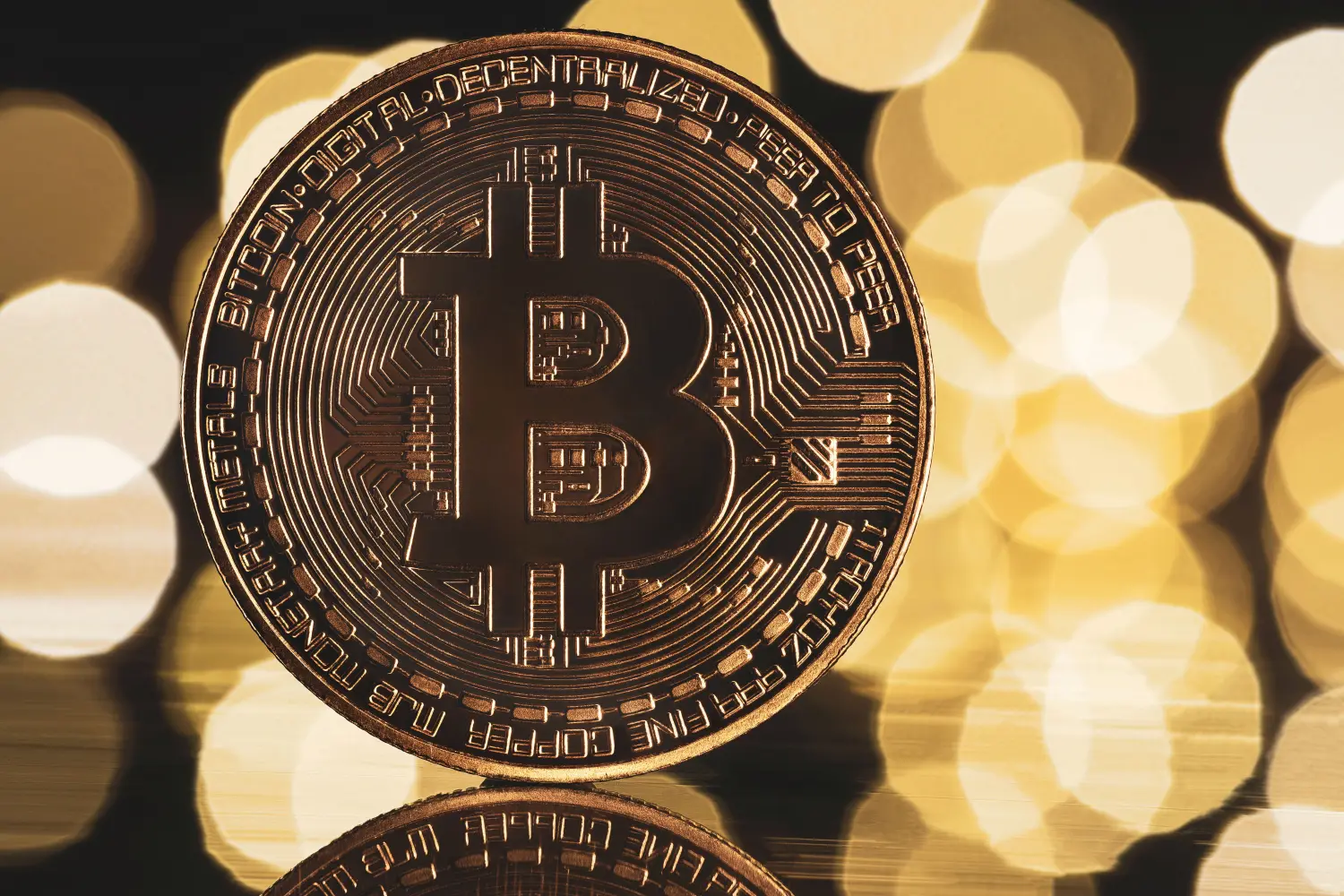CG Insights
Explore the latest trends and insights in technology and culture.
Is Bitcoin the New Digital Gold or Just Fool's Gold?
Discover if Bitcoin is the new digital gold or just another trap. Uncover the truth behind the hype and make informed investment choices!
Exploring the Value Proposition: Is Bitcoin the New Digital Gold?
The concept of Bitcoin as the new digital gold has gained significant traction in recent years, especially as traditional economic structures face unprecedented challenges. Investors are increasingly drawn to Bitcoin due to its limited supply—only 21 million coins will ever exist—mimicking the scarcity that has made gold a valuable asset for centuries. This value proposition is further enhanced by the decentralized nature of Bitcoin, providing an alternative to fiat currencies that can be affected by inflation and government policies. As such, many see Bitcoin as a hedge against economic instability, akin to how gold has historically been viewed.
Moreover, the growing adoption of Bitcoin in various sectors has bolstered its status as a legitimate asset. Major companies and institutional investors are now integrating Bitcoin into their portfolios, reflecting a broader acceptance of the cryptocurrency. For instance, Bitcoin is increasingly being utilized in online transactions, adding practical utility to its status as a store of value. However, some skeptics argue that the volatility of Bitcoin could undermine its reliability, unlike the more stable nature of gold. As the debate continues, the question remains: can Bitcoin truly claim its throne as the new digital gold, or will it falter under external pressures?

Bitcoin vs. Gold: A Comparative Analysis of Stability and Value
When comparing Bitcoin and gold, it's essential to consider their stability and intrinsic value. Historically, gold has been viewed as a safe haven asset, exhibiting reliability during economic downturns. Its tangible nature and finite supply contribute to its enduring value, making it a popular choice for investors seeking long-term stability. Conversely, Bitcoin, a digital asset, operates in a highly volatile market, with price fluctuations that can be drastic within short timeframes. This volatility attracts both risk-tolerant investors and speculators, leading to debates about its status as a safe-haven asset.
In terms of value, gold has consistently maintained its purchasing power over centuries, serving as a store of value and a medium of exchange. On the other hand, the value of Bitcoin is largely determined by market demand, technological developments, and regulatory news, resulting in a market that can experience rapid changes. While proponents argue that Bitcoin offers a hedge against inflation and a new form of digital gold, critics caution against its unpredictability and lack of long-term historical backing. As the financial landscape continues to evolve, understanding the comparative strengths and weaknesses of both assets is crucial for strategic investment decisions.
Is Bitcoin Just Fool's Gold? Debunking Common Myths
Bitcoin has often been labeled as fool's gold, a term suggesting that it is a false or deceptive investment. However, this characterization overlooks the underlying technology and fundamental value that Bitcoin represents. For instance, Bitcoin operates on a decentralized blockchain network, which offers transparency and security that traditional fiat currencies cannot match. Furthermore, while critics may point to the volatility of Bitcoin's price, it's essential to recognize that many traditional assets, like stocks and commodities, also experience significant price fluctuations.
Another common myth is that Bitcoin is primarily used for illicit activities. Although some early transactions may have been linked to the dark web, Bitcoin's growing adoption among legitimate businesses and its integration into various financial systems have painted a different picture. Major corporations and financial institutions are now embracing Bitcoin, viewing it as a valuable asset rather than fool's gold. This shift indicates a broader acceptance and recognition of Bitcoin’s potential as a serious investment vehicle.